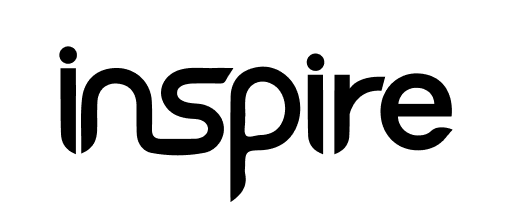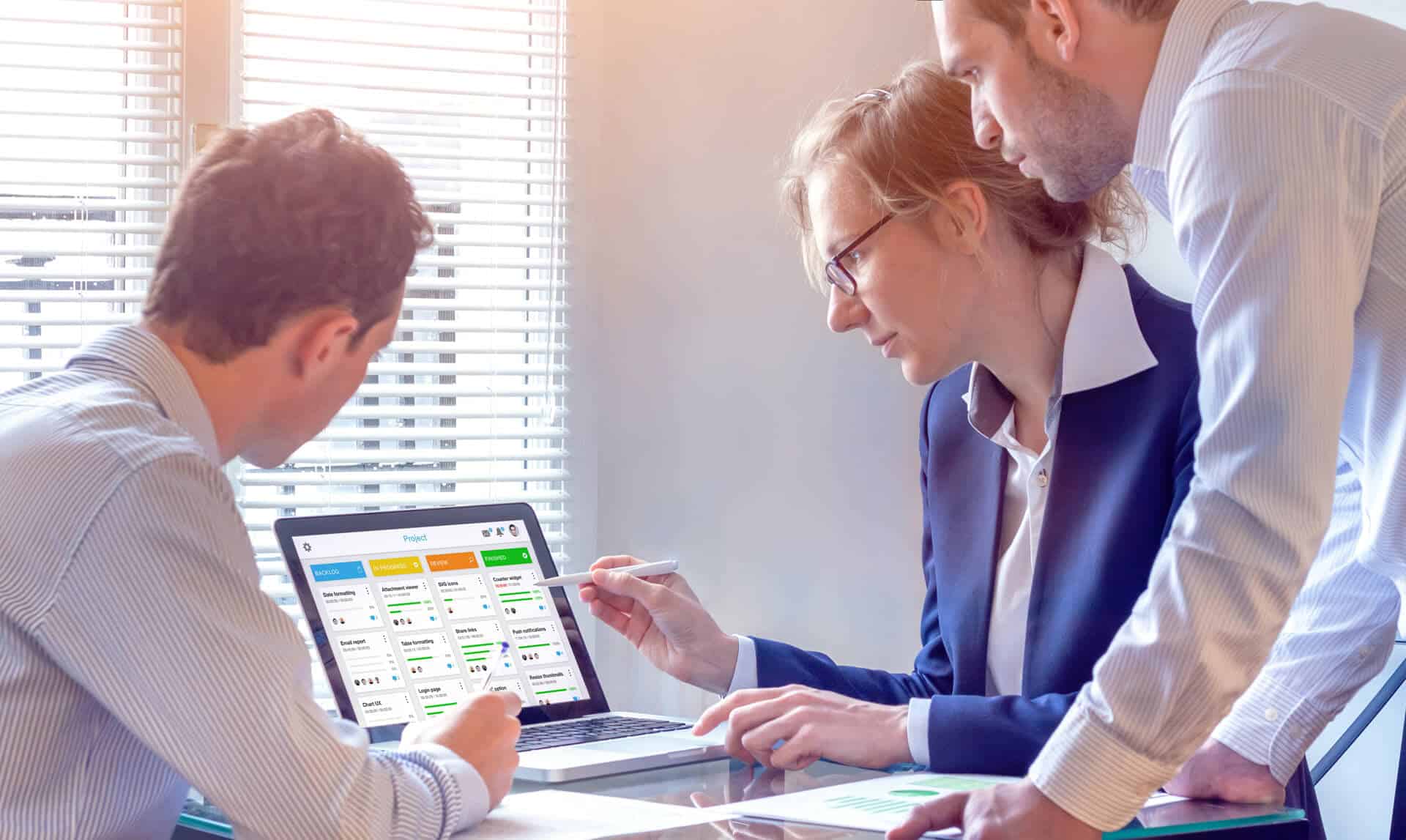Table of Contents
ToggleEvery company wants its website to rank on the top pages of the most popular search engines. While every page on the internet is trying to capture the attention of users with custom-designed SEO strategies, it is important to have a better understanding of what SEO is and how on-page SEO differs from off-page SEO.

What is On-Page SEO?
As the name itself suggests, on-page SEO is the process that incorporates tactical measures and actions that are conducted on the website to enhance that website’s ranking in search engines. This specifically entails elements that are on the site and are under the authority of the site’s designer.
Content Quality
In order to improve the page ranking, most of the websites create content for their target audience by focusing on keywords. This technique results in an easier grasping of what topics the pages focus on. For instance, if your blog is about garden tips, you could include the keywords “the easiest plants for beginners” or “how to start a garden in simple steps.”
Title Tags and Meta Descriptions
Meta tags and title tags are the clickable headlines on the search results pages. These should be brief yet feature an essential keyword in the title. A few lines are usually sufficient for meta descriptions, a brief introduction to the content of your page. While they do not affect ranks in any direct way, there exists a probability that they further enhance the chance of clicking on the specific results.
URL Structure
It is essential to ensure that your URLs are clean and structured. A good URL structure helps the customers and the search engine in understanding the content of the page. For example, instead of having a URL like www.example.com/page1, try out www.example.com/gardening-tips, as it is more appealing.
Internal Linking
Internal links are the links that act as the bridges connecting one page of the site to other pages that are within the same website. They are also important in ensuring that the size of the site is manageable for the search engines to crawl on, and they may also assist in retaining the users by connecting them to other related subjects. For example, if there’s a page talking about how to plant flowers, there should be another page on how to take care of flowers.
Mobile Friendliness
Since many individuals browse using their mobile devices, it is highly essential for a site to offer a mobile version. Most, if not all, mobile-friendly websites have embraced responsive web design.
What is Off-Page SEO?
Off-page search engine optimization (SEO) involves factors that influence your website or web page listing in natural search results. This applies to anything that informs a search engine that your site is reliable or authoritative.
Backlinks
Backlinks—links to your site from other sites. It is one of the core parts of off-page SEO. Backlinks from high domain authority sites indicate to search engines that your content is worth something.
Social Media Engagement
Social media signals, by themselves, do not boost search rankings. But they help you get seen and can drive traffic to your site. When you share your content on these platforms like Facebook, Twitter, and Instagram, others will be able to get more exposure, and this may lead to lots of shares and backlinks.
Online Reputation Management
If you wish to increase your click-through rates, positive reviews and testimonials help build credibility. Get your loyal customers to post reviews on review sites like Google My Business, Yelp, and other industry-specific websites.
Influencer Marketing
Influencers in your space can help you get visibility. When they share the content you post or link to your site, it can increase traffic and authorities on search engines.
Guest Blogging
Guest posting on authority sites can have you some great backlinks and more eyes on your content. Be certain to have quality content in your guest posts that constructs you as an authority.
An SEO strategy should ideally be focused around both on-page and off-page optimization. On-page SEO relates to optimizing your content and structure, while off-page SEO works from outside factors that build your website’s authority and trust. Keep pushing for both extremes, and the best result lies somewhere in-between. This starts with making sure your website is properly optimized and features quality content and proper design for usability and layout.
By understanding how to optimize both on-page elements and off-page links, businesses can substantially improve their opportunities to rank higher in search engine results pages, welcoming more visitors to their site and ultimately accomplishing their digital goals. Recall that search engine optimization necessitates persistent attention, so maintain familiarity with evolving recommendations and continue refining tactics over time.
Inspire Technologies, a prominent provider of SEO services in Doha, is dedicated to assisting companies boost their presence on the web and achieve better placements in search engine rankings. With seasoned specialists in digital marketing, Inspire Technologies implements customized strategies that concentrate on optimizing both elements within websites and incoming links from outside domains, ensuring clients’ digital properties are not solely easy to navigate but also esteemed within corresponding industries. Inspire Technologies empowers local businesses to reach their target audience effectively and drive organic traffic, ultimately boosting their growth and success.

